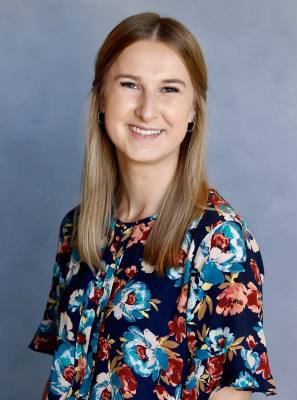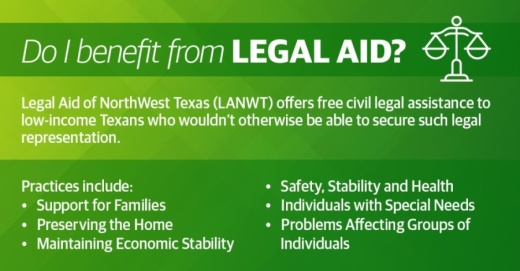Upon returning home to Plano, Palmer was notified that she had lost her housing voucher because she had not communicated her job change to her housing assistance representatives in time. She said she was unable to reach anyone while offices were shut down.
For help, she turned to Legal Aid of NorthWest Texas, which offers legal assistance to low-income residents in 114 counties in North and West Texas, including Collin, Denton, Tarrant and Dallas counties. The group continues to work with Palmer as the Housing and Urban Development’s office of Fair Housing and Equal Opportunity investigates her case, according to her attorney, Farwah Raza with Legal Aid of NorthWest Texas.
Cases like Palmer's are among the thousands created by the coronavirus pandemic, Raza said. The agency can help clients experiencing evictions, being displaced from motel arrangements or fighting for rightful unemployment, she said. In a pandemic, the consequences of these cases can be dreadful, she said.
"It's always been a bit of an uphill battle when you talk about legal aid work because we're kind of working against regulations that are typically not in favor of our clients to begin with," Raza said. "[Now,] there are these additional hurdles you have to go through just to be able to access those institutions that would typically be there to help you."
Changing regulations and limited physical access have created extra hurdles during the pandemic, she said. In addition, she said, a lot of people are facing issues of job and shelter insecurity for the first time. As unemployment rates remain higher than in years past, those in suburban or rural areas continue to have more trouble finding assistance, Raza said.
"If you haven't ever needed help from the system, it's going to be hard for you to try and figure out how to do that," Raza said.
Legal Aid of NorthWest Texas partners with local nonprofits to try to reach those in need. The need was apparent before the pandemic, but it has increased significantly in the past six months.
"If the food pantries are an indication—and I think they should be—[the need] is increasing," Raza said. "And it's not a slow increase."
Many who qualify for assistance can receive basic legal advice from the Legal Aid of NorthWest Texas. Others may receive group service, where staff will make phone calls and fill out applications for clients, helping them through some of the legal process. The third option for clients, which is reserved for more in-depth cases, is legal representation in court or for a hearing, Raza said.
The legal aid group primarily represents those that are within 125% of the U.S. poverty line. It focuses on civil cases such as preserving the home and maintaining economic stability as well as on cases involving support for families, individuals with special needs and problems affecting groups of individuals.
While the investigation over Palmer’s housing voucher continues, Palmer said she is stressed about her next steps and what this means for her children. Her children receive special assistance at school, and finding an affordable space for a large family is near impossible without changing school districts, she said. Without housing assistance, Palmer cannot afford their current home.
"I moved here so they can have a better opportunity to be successful in life,” she said. “And they're doing so well here, but now that's threatened."
Raza said the legal aid group continues to brainstorm ways to get ahead of policies and regulations that hinder those already struggling.
"As the state changes and evolves, my hope is that the politicians will bear in mind all Texans, ... [including] those that are genuinely struggling," Raza said.
Those in need of assistance can call the Legal Aid of NorthWest Texas hotline during business hours at 1-888-529-5277 or apply for help online. The group also offers COVID-19 specific resources on its webpage.
Editor's note: This article has been updated to correct the spelling of Sharandra Palmer's name.





